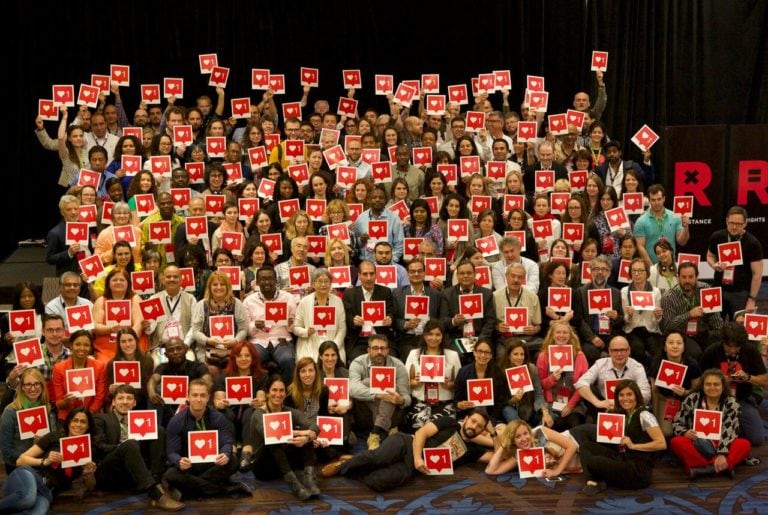
What happened at IFEX at 25?
17 new members, great speakers, our version of the “3 Rs” and an emotional homage to members at risk were among some of the many highlights of IFEX’s latest Strategy Conference and GM.
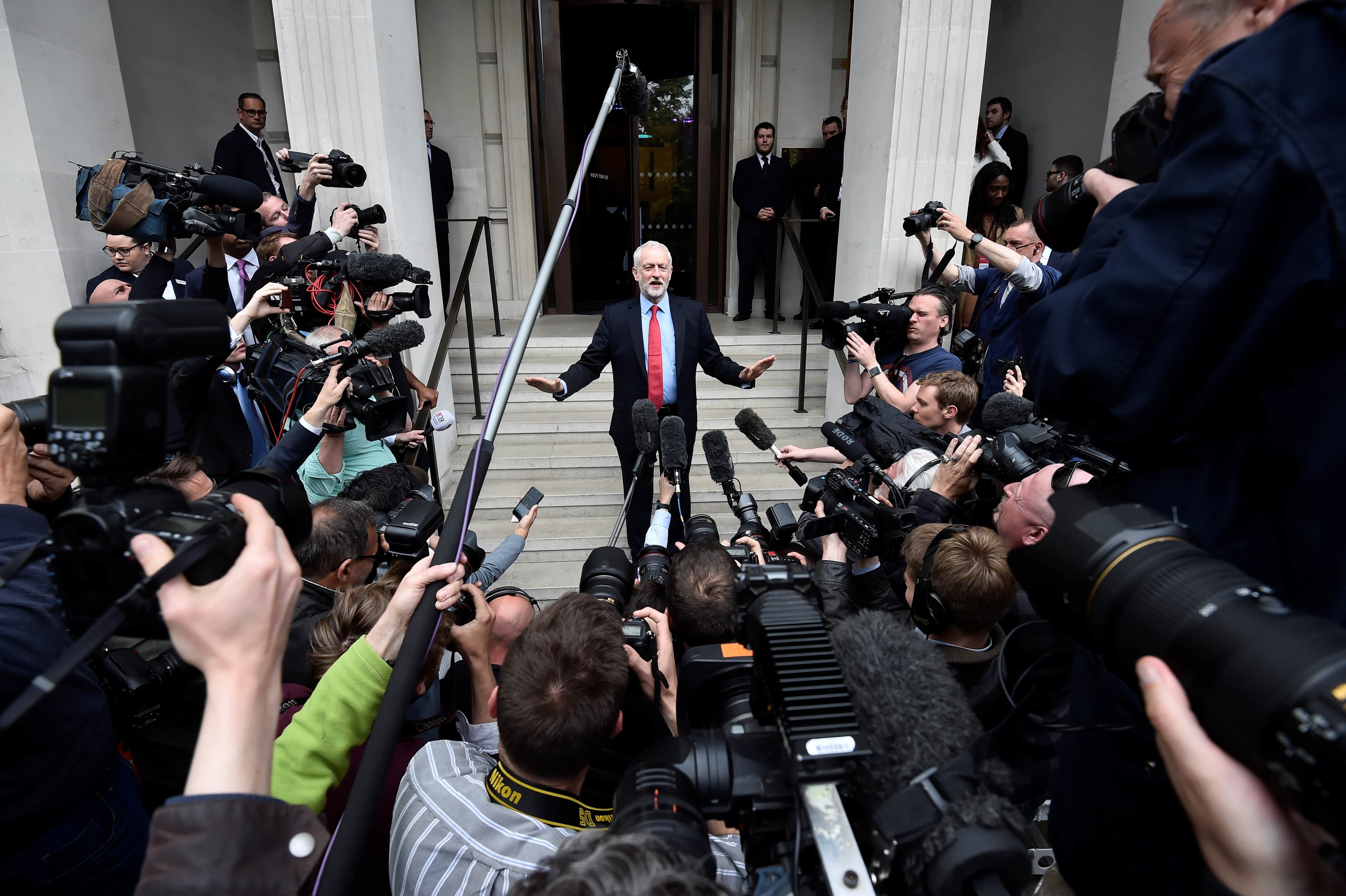
British warnings, German regulations and Turkish raids, oh my!
A roundup of key free expression news in Europe and Central Asia, based on IFEX member reports.
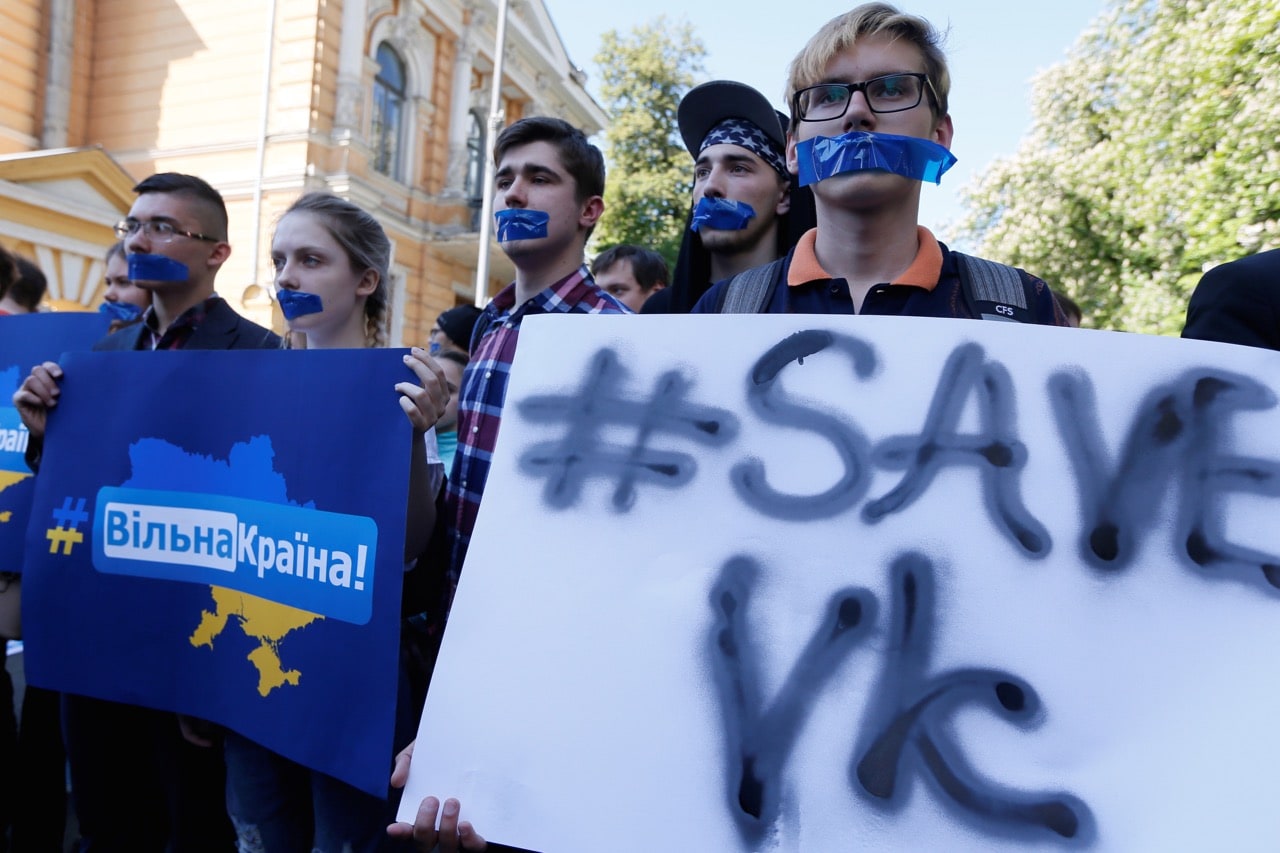
Ukraine bans Russian social media sites
Russian media websites, including some of the most popular social media services, were recently blocked by Ukraine after the government deemed them to be working against its national interest.
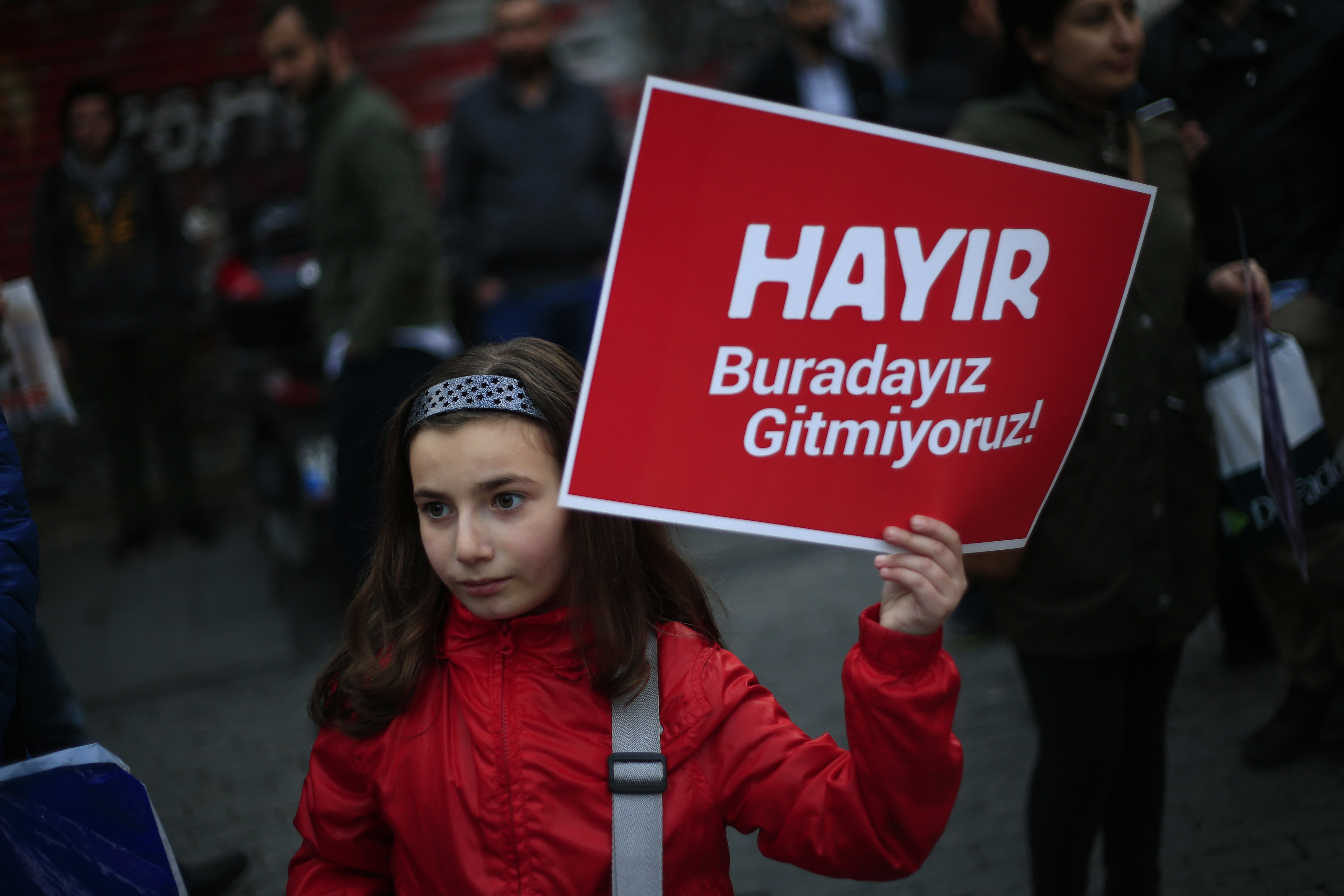
The cruellest month
A roundup of key free expression news in Europe and Central Asia, based on IFEX member reports.
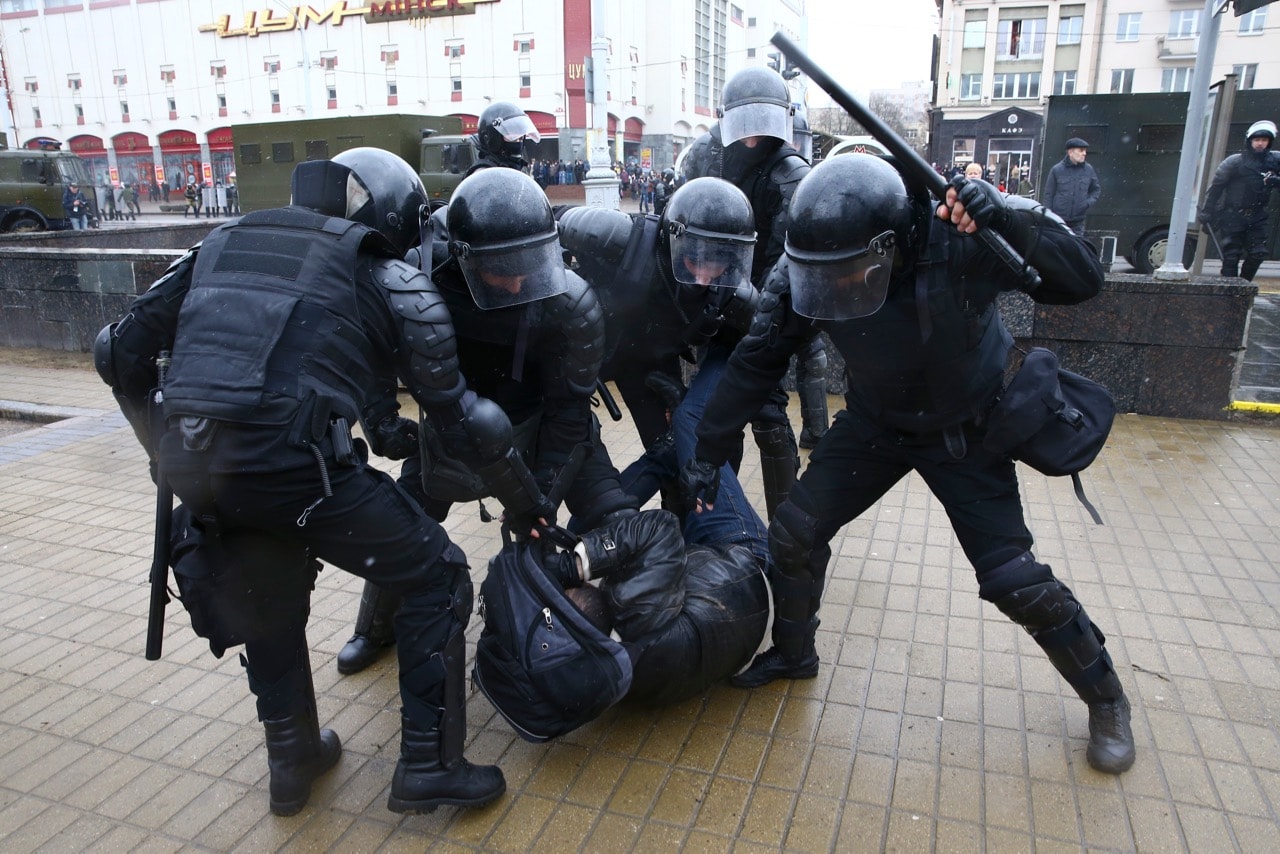
Europe’s March Madness
A roundup of key free expression news in Europe and Central Asia, based on IFEX member reports.
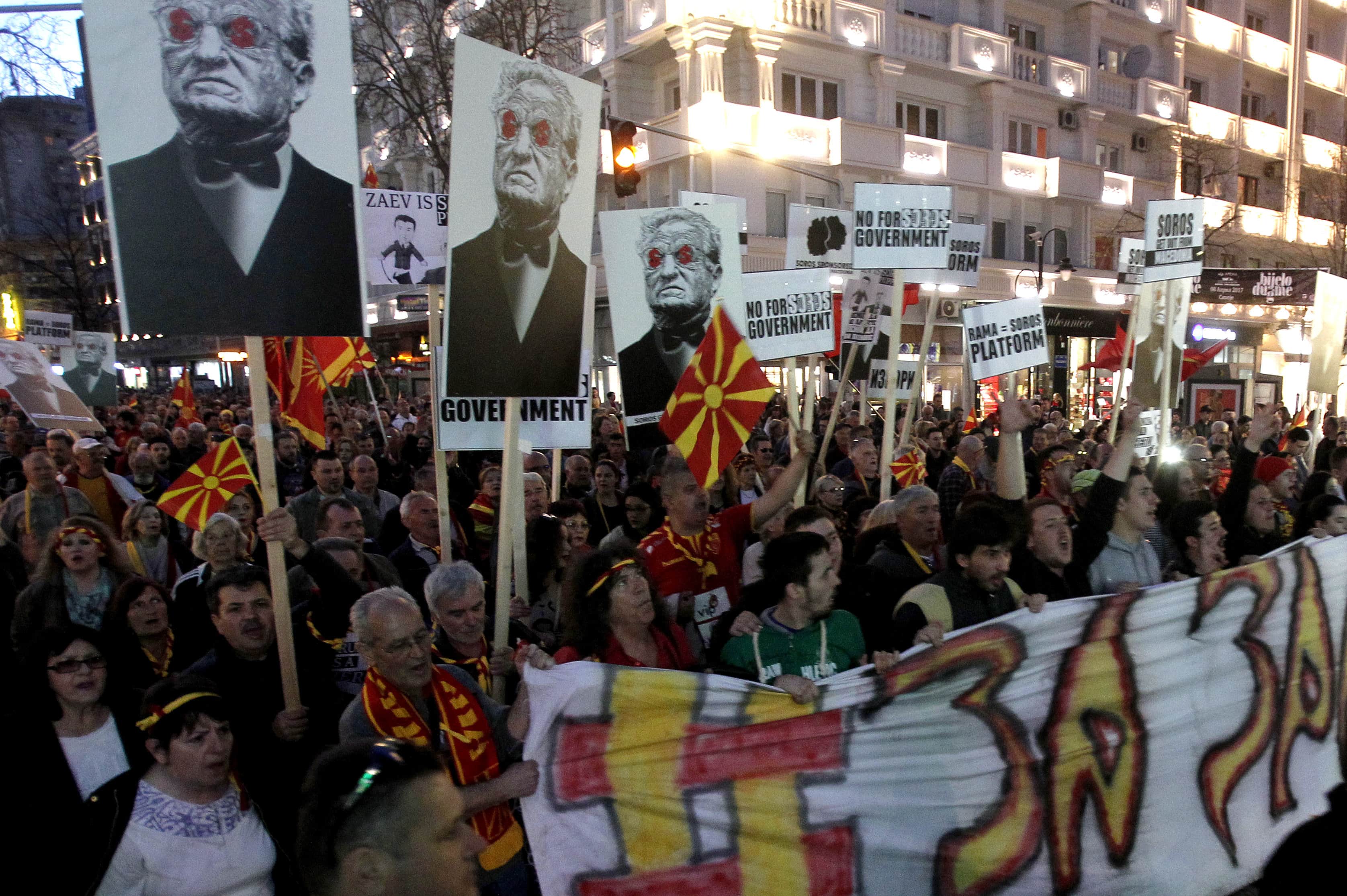
De-legitimise and obstruct: An assault on civil society in Hungary and Macedonia
Populist, nationalist politicians in Central and Eastern Europe are launching attacks on civil society; the aim is to silence criticism and undermine pro-democracy, anti-corruption groups that hold governments to account.
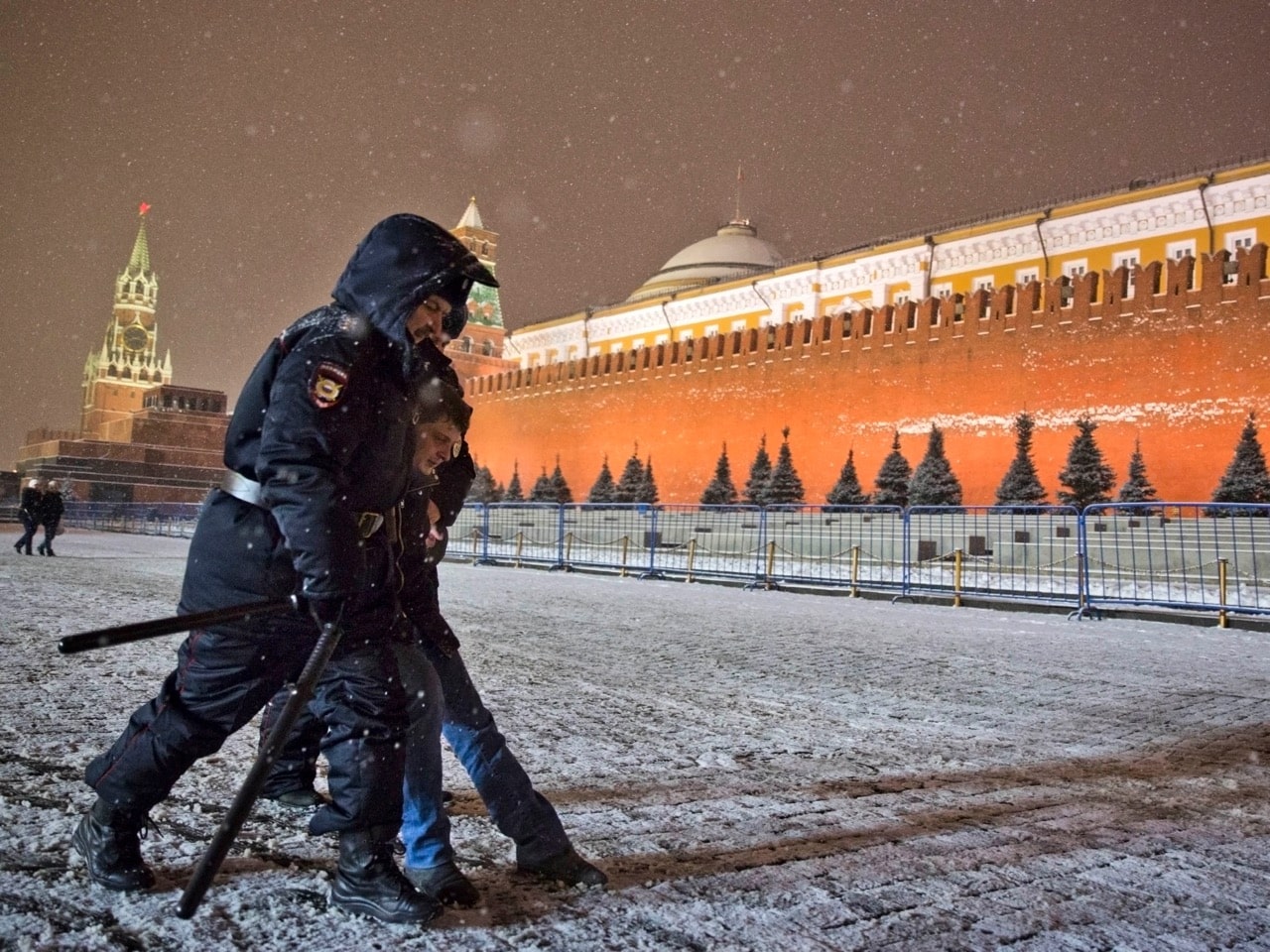
The human impact of Russia’s ‘gay propaganda’ law
The skies are darkening for many activists in Eastern Europe and Central Asia, where the Russian Federation is leading the way on legislation aimed at silencing LGBTQI+ voices.
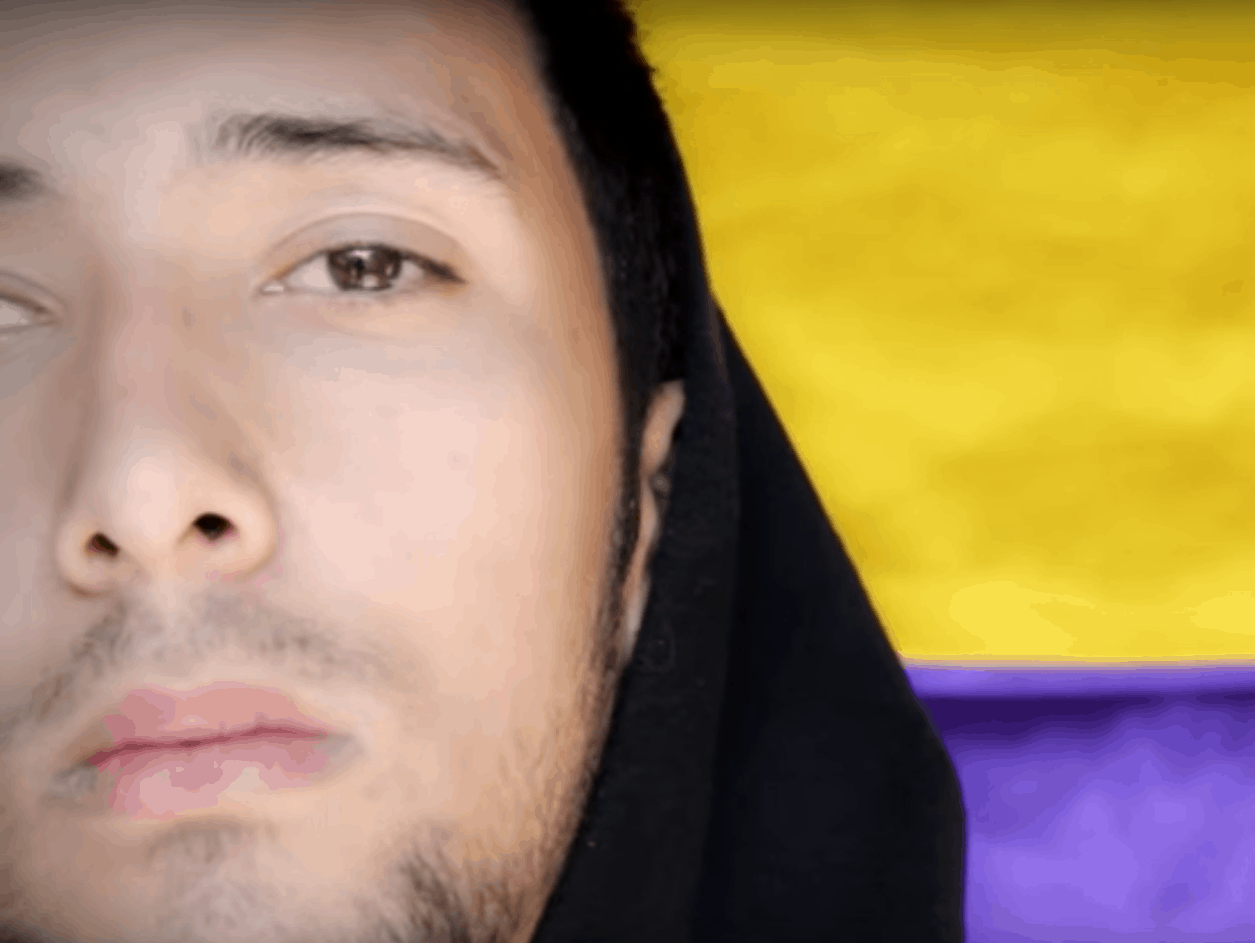
Europe and Central Asia round-up: February 2017
A roundup of key free expression news in Europe and Central Asia, based on IFEX member reports.
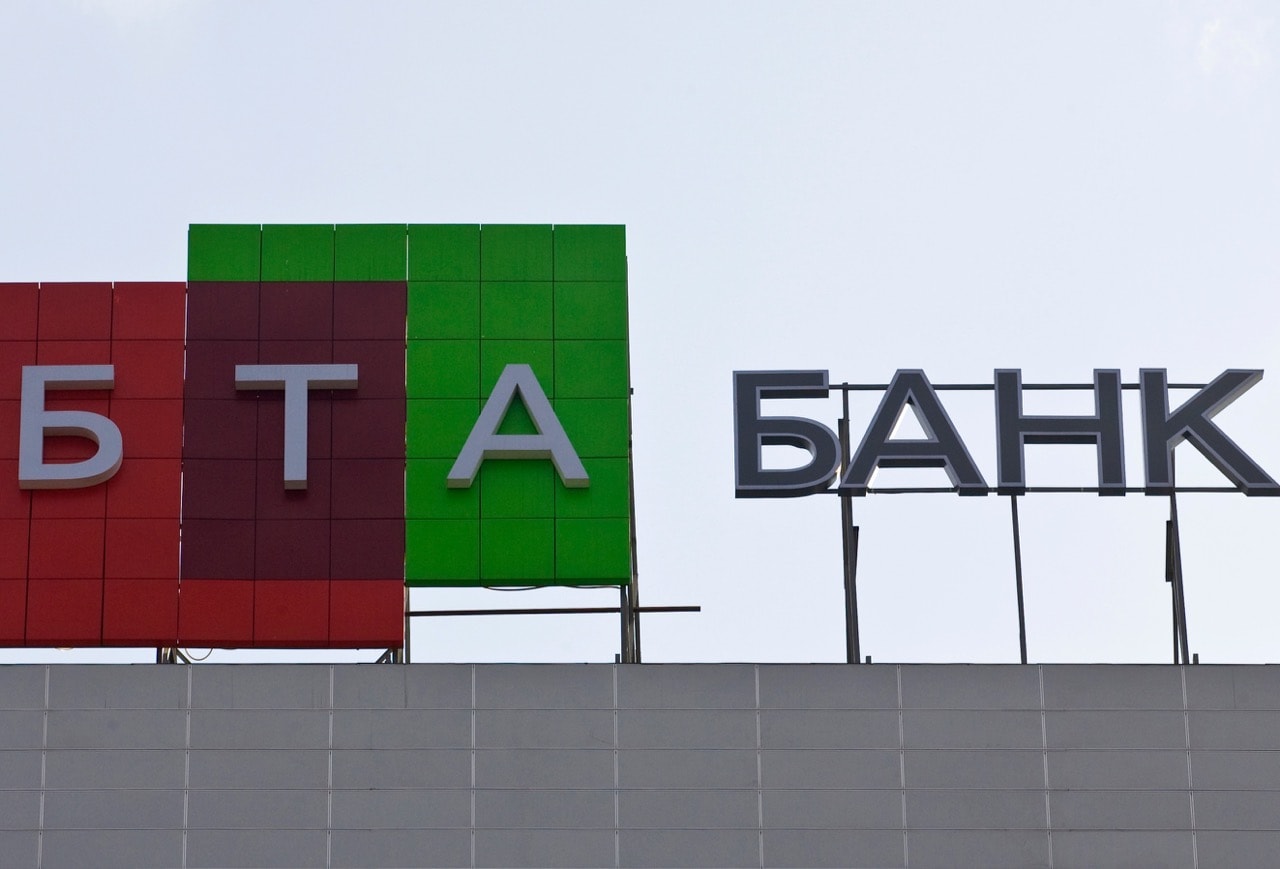
Press freedom groups call for immediate release of Kazakh editor
Zhanbolat Mamay, editor of the Kazakh opposition newspaper Sayasi kalam/Tribuna was handed a two-month detention order on 11 February 2017. If found guilty, he faces up to seven years in jail.

The threat of “glorifying terrorism” laws
Can Europeans be sentenced to jail for vague references to terrorism? It already happened. And it is a trend that threatens to spread throughout Europe.
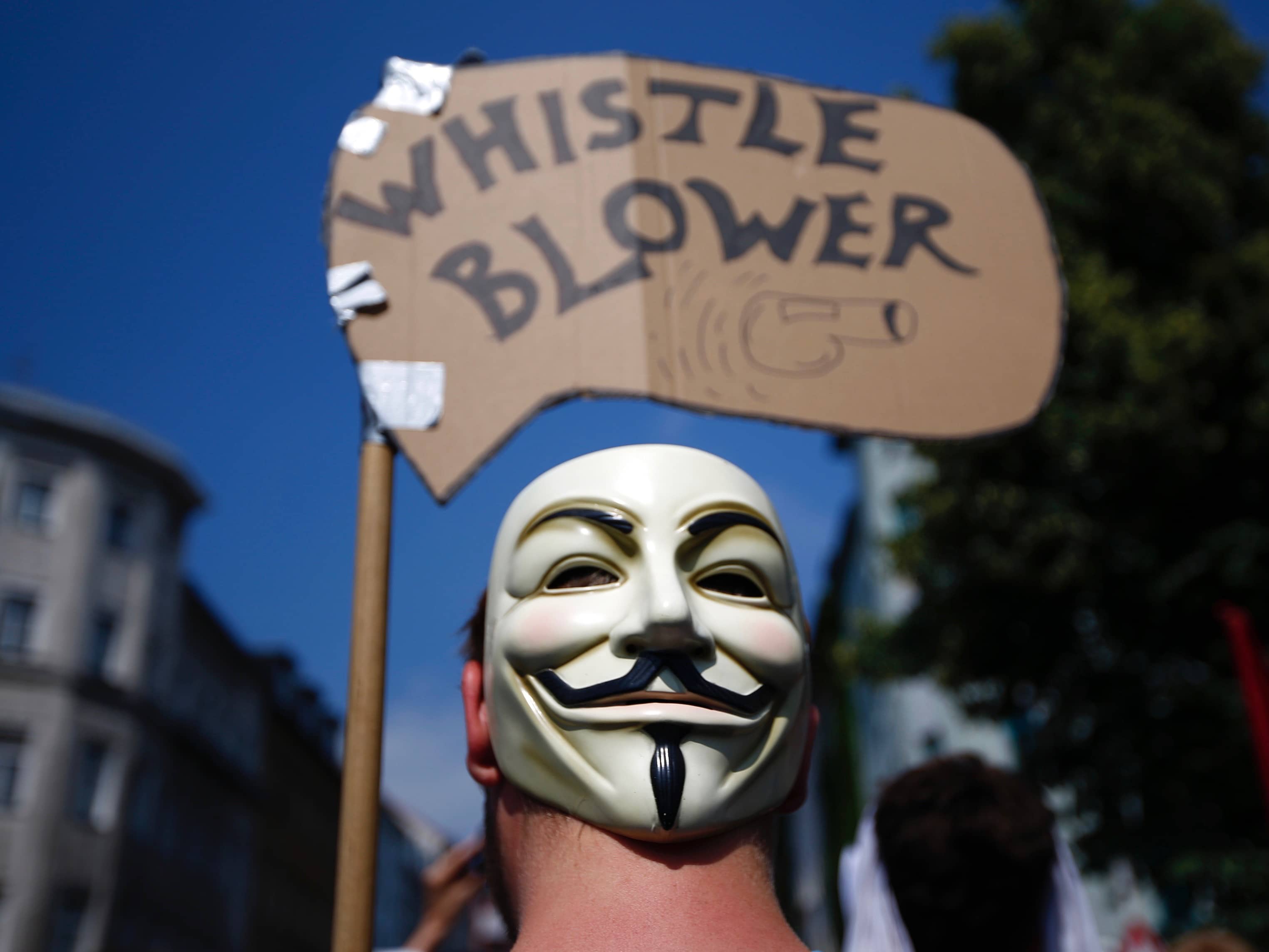
Monthly round-up: Law stifles whistleblowers in Germany, NGOs targeted in Hungary & more
A roundup of key free expression news in Europe and Central Asia, based on IFEX member reports.
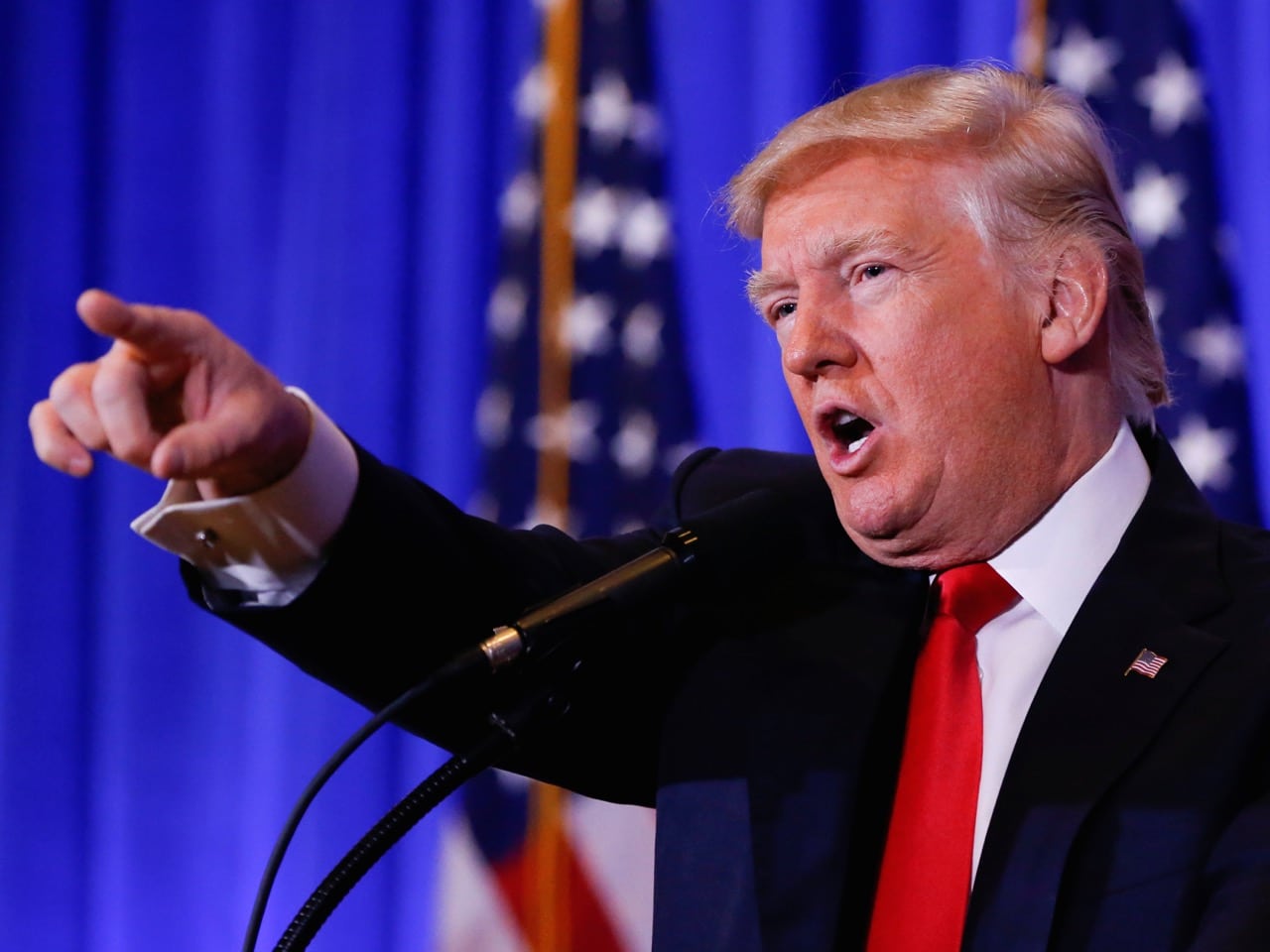
Regulations are a bigger threat than fake news
Fabricated or inaccurate news stories are not new; they are the inevitable price we pay to enjoy our precious right to free expression.

Regulations are a bigger threat than fake news
Fabricated or inaccurate news stories are not new; they are the inevitable price we pay to enjoy our precious right to free expression.
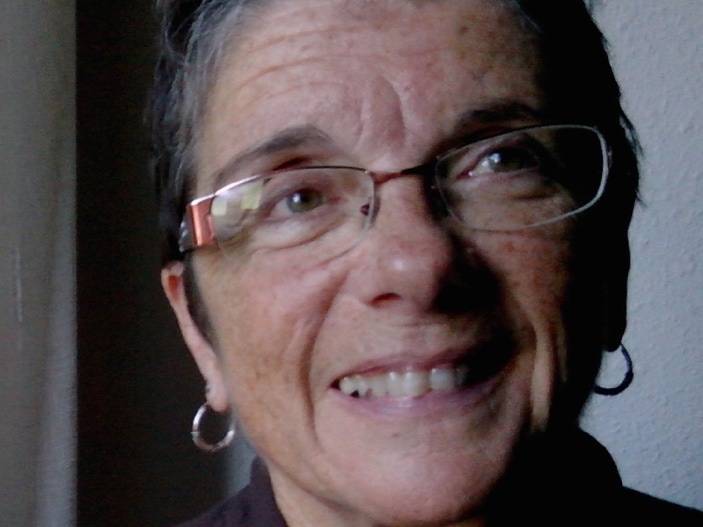
An interview with Teresa Toda
Now in her sixties, journalist and activist Teresa Toda is a supporter of peaceful self-determination for the Basque region. One of 30 journalists prosecuted on terrorism-related charges, she was imprisoned in 2007. She now campaigns for free expression and prisoners’ rights. Cathal Sheerin, a writer and journalist with a particular interest in human rights in Latin America and Europe, interviewed her for IFEX.
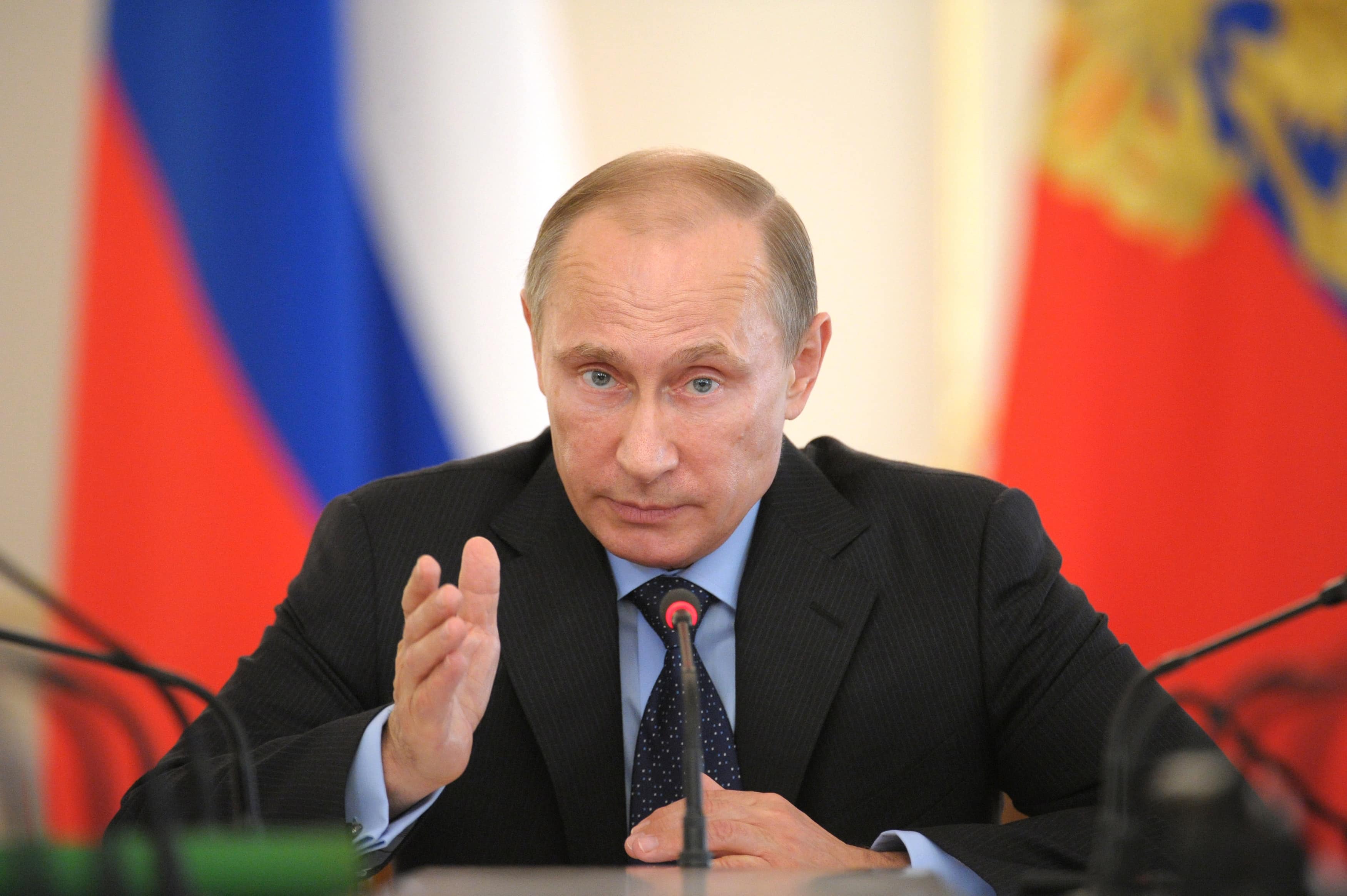
Russia bans profanity in the arts, draft law seeks to ban foreign words like ‘wow’
Reaction outside Russia to these laws has been to laugh at their silliness, but Russians whose work is in writing or the visual arts point to something much more sinister going on behind this legislation.

Snowden, Pussy Riot, and anti-gay ‘propaganda’: Discussing free expression in Russia
Cathal Sheerin, a researcher and campaigner at PEN International, recently interviewed three journalists and a filmmaker about Edward Snowden, Pussy Riot, and a number of laws that have placed a choke-hold on free expression in Russia.